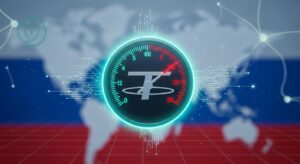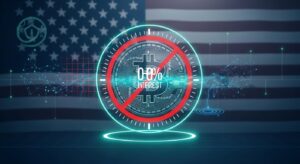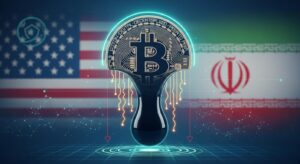
- Order mandates only truth-seeking, neutral AI models in federal use.
- Precedent marks first ideological neutrality order in AI.
- No explicit crypto market impact noted yet.
President Donald J. Trump signed an Executive Order on July 24, 2025, aimed at excluding “woke AI” models from federal contracts to ensure ideological neutrality and truthfulness.
Trump’s order introduces a new requirement for federally procured AI models, emphasizing nonpartisan accuracy. Compliance with these guidelines likely impacts government contracts and related industries. “Today, President Donald J. Trump signed an Executive Order to ensure that artificial intelligence (AI) models procured by the Federal government prioritize truthfulness and ideological neutrality,” according to a White House Fact Sheet.
The Executive Order, titled “Preventing Woke AI in the Federal Government,” directs federal agencies to procure AI models prioritizing truthful, nonpartisan outputs. Agency heads, alongside the Director of the Office of Management and Budget, will implement these new procurement standards. This directive is part of a broader AI Action Plan enhancing data center infrastructure and competitive U.S. AI abilities.
Immediate effects include increased scrutiny on AI model vendors and potential penalties for non-compliance. Federal contracts must enforce Unbiased AI Principles. However, no direct impact on cryptocurrencies or blockchain projects has been reported.
Financial and industrial sectors might see shifts due to stricter federal AI model requirements, particularly in contracting spaces. Companies aiming to offer AI services must adapt to align with the new mandates, focusing on ideological neutrality and accuracy.
The implementation of the order could set a precedent for extending similar policies to private sectors, although specific technological outcomes remain uncertain. Future industry dynamics might hinge on adaptations to these rigorous standards in governmental AI contracts.








